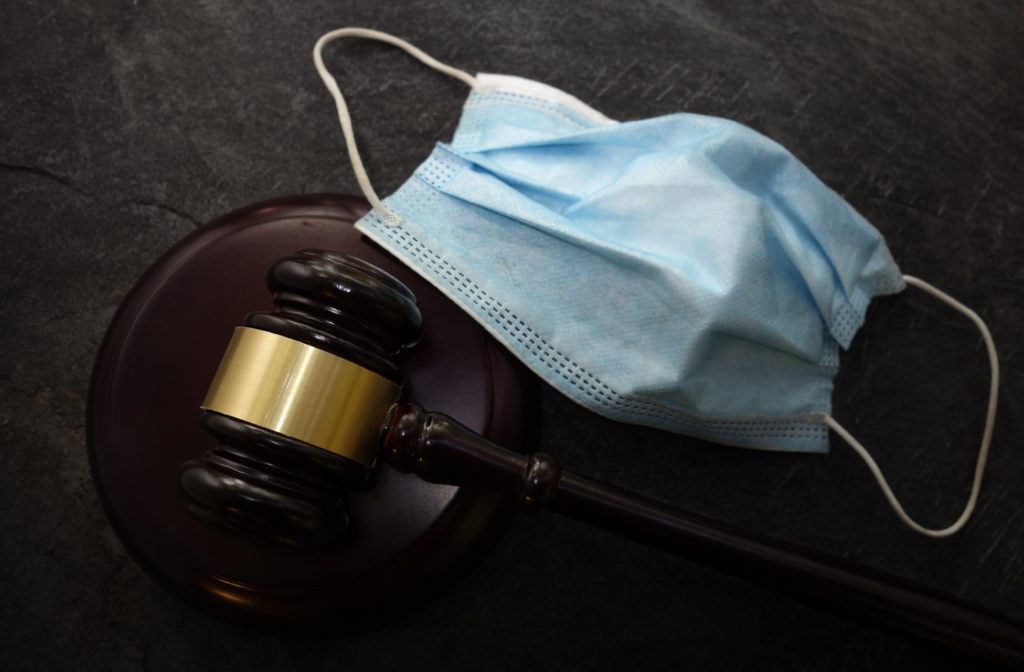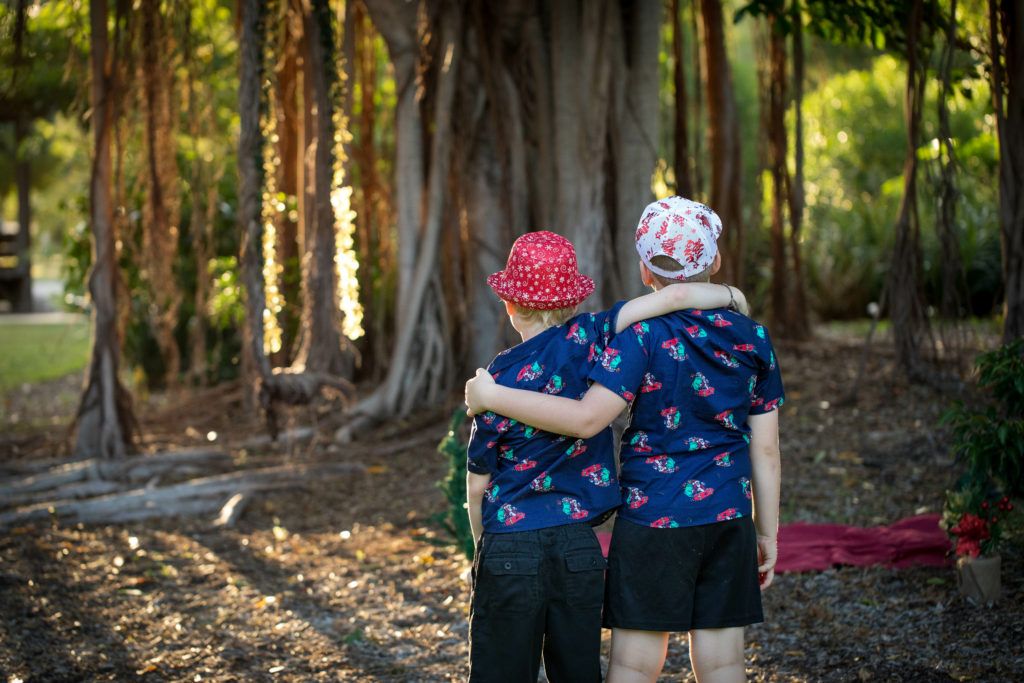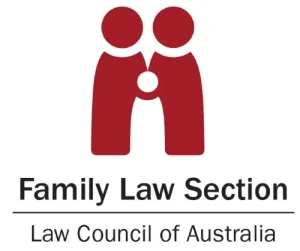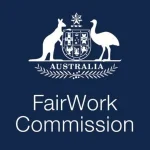The End of COVID Mandates

At 12:25pm on 24 May 2022, the Emergency Management Declaration made pursuant to the Emergency Management Act that allowed South Australia’s Police Commissioner Grant Stevens to impose COVID-19 lockdowns, mask and vaccine mandates has been revoked.
How to navigate Christmas arrangements as separated parents

The expected rise in COVID-19 transmission means everyone should be aware of their rights and responsibilities when it comes to safety at work and workers compensation.
‘Presuming’ COVID-19 arises from work












